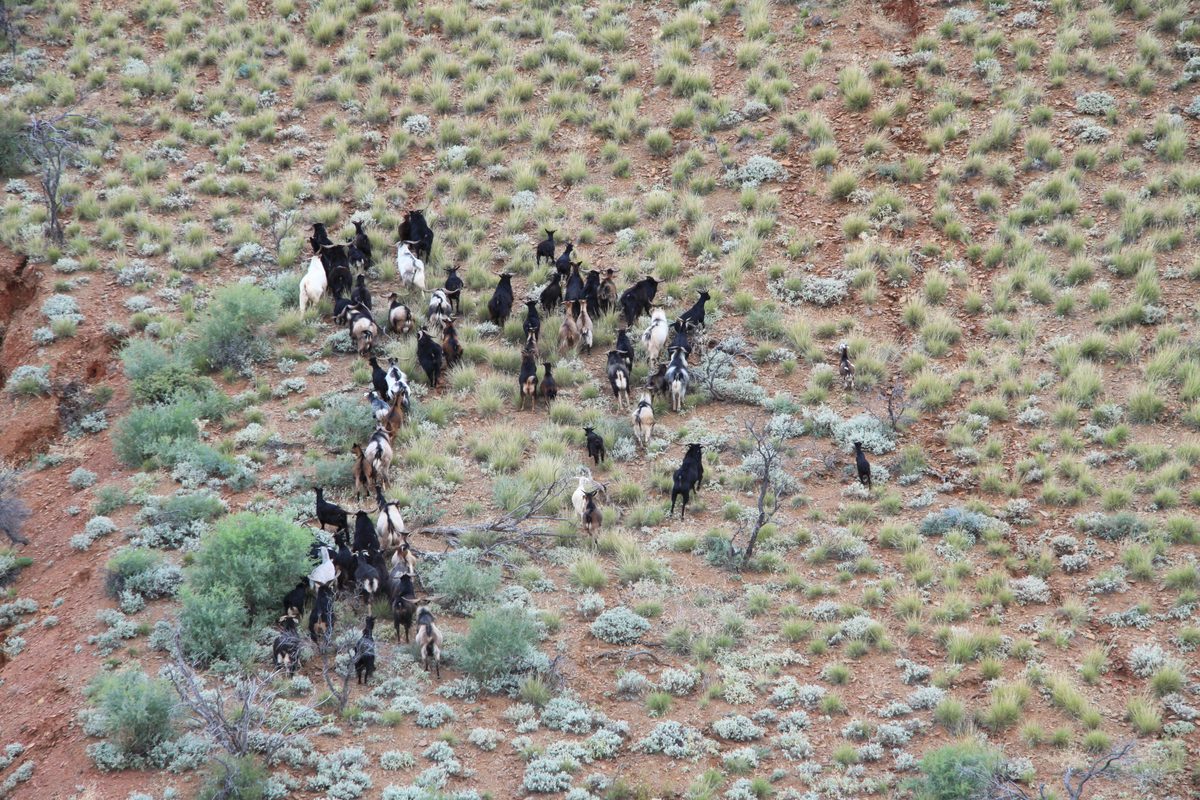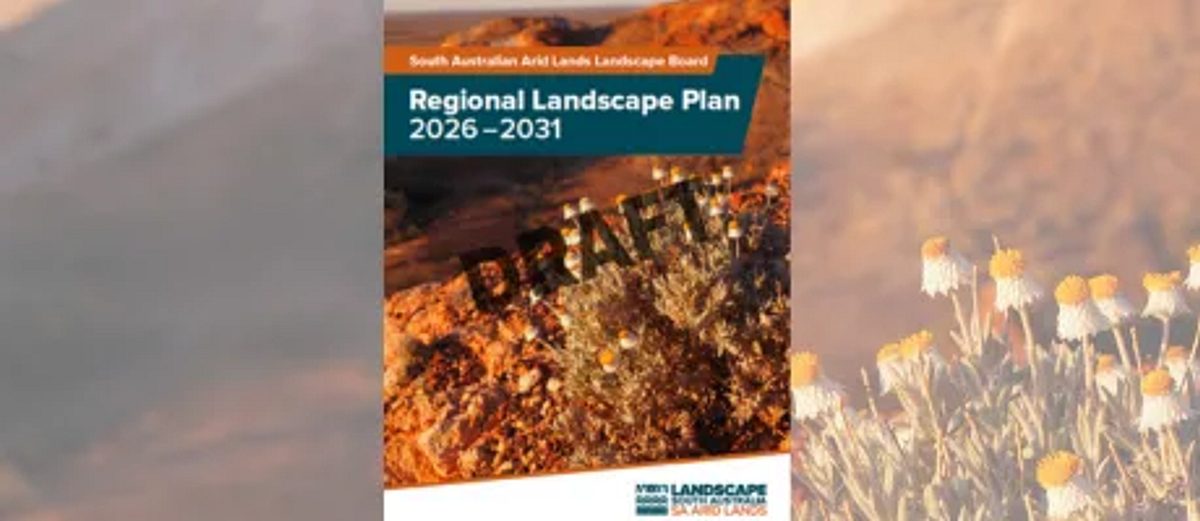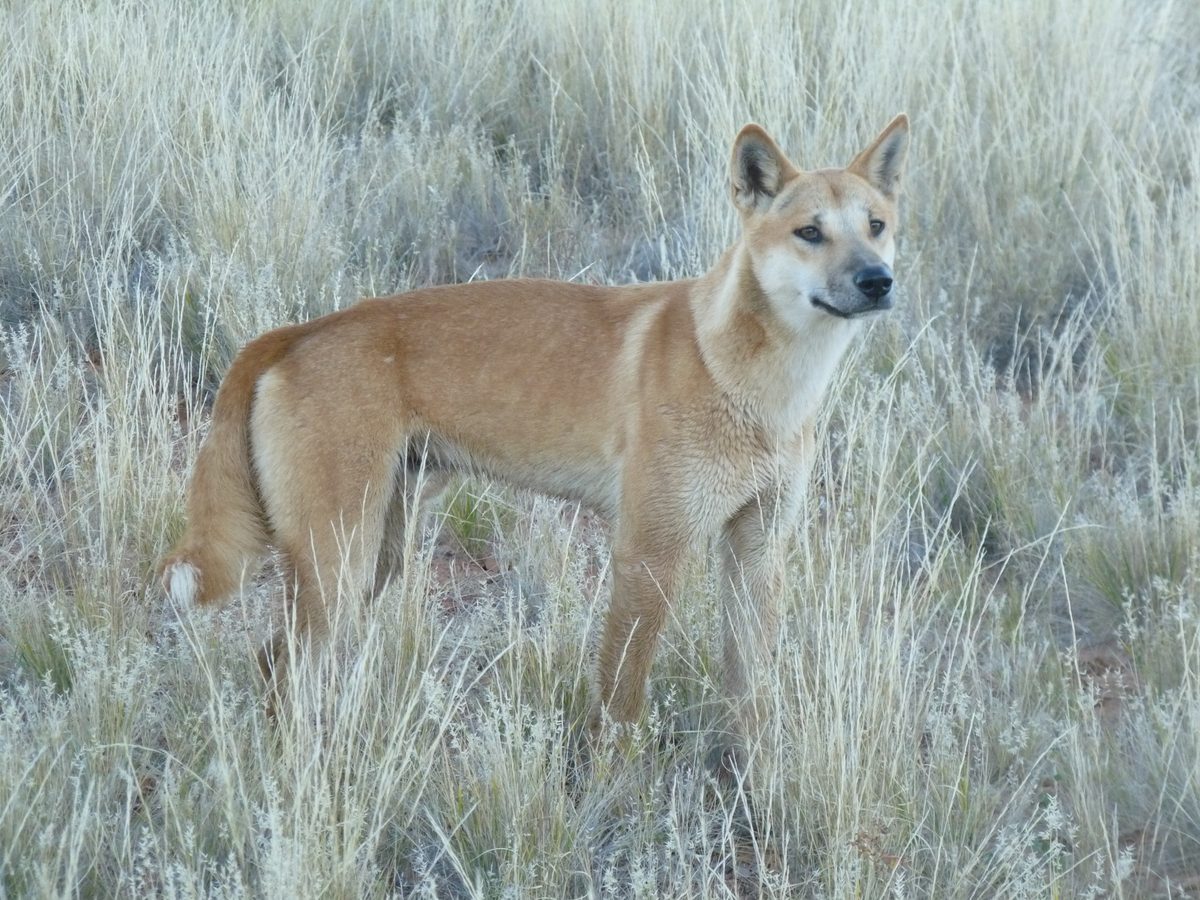Bush food opportunities showcased in Quorn
A growing interest in bush foods and opportunities for harvesting produce was evident with hundreds of people attending workshops and presentations at Quorn’s Kurti Festival.
Quorn has a long history of commercially producing bush foods, particularly kurti (traditional Nukunu name for quandong) and the festival is reviving grower interest at a local and state level.
The South Australian Native Foods Association held a dinner for its members as part of the event, with the festival providing a renewed energy for the industry.
Well-known author and native food expert Neville Bonney was a draw card and spoke about bush foods and shared valuable advice on what to consider before starting a commercial operation.
He told the audience there was renewed interest in bush foods and international demand would be stronger with a consistent supply.
His best tip for growing a good crop of quandongs was to create healthy biodiversity around the crops – remembering that this is a species pollinated by ants and insects, rather than birds.
“Quandongs don’t need maintenance, but they do need a clean floor. Whatever you do, don’t let the fruit rot on the ground.”
Neville joined Ian Powell to lead a guided tour of a local Kurti orchard and the pair shared industry knowledge of growing and maintaining a productive bush food plantation.
Ian manages a 300 tree orchard, established by his father Brian in the 1960s. Following in his father’s footsteps, Ian has tried many techniques to graft the quandong and said his best advice was “practice and keep practicing, but don’t get too confident”.
His best result on a small group of plants was 70 per cent. However, using the same process on a group of 100 plants, only six worked.
Planting from seed is also complicated, with the ambient temperature so important.
“18C is the ideal temperature. If its 22C or 15C, in two months you will still have a bucket of seeds,” he said.
Then once the seeds have shoots “run it as dry as you dare. Too much water and it rots. Too little and it dies.”
On the upside, Ian said once you had a start with the tree, the process becomes so much easier.
“I’m now gaining trees at a rate of knots,” he said.
This year Ian collected 150kg of fruit, weighed with the stone out. That’s an equivalent of
900kg with the stone in.
The quandong is sold fresh dried and frozen. Kept in the right conditions, the dried fruit will last for years, however growers get a better price, about $40/kg for frozen fruit.
Wattle seed grower Angus Jones also spoke about the growing opportunities for bush food products at a national and international level, with the industry expected to be worth an estimated $40m by 2025, up from $21m in 2019/2020.
There were 13 priority species that were highly sought which includes quandong, muntries, mountain pepper, lemon myrtle and bush tomatoes.
Mr Jones said there are many benefits to growing and harvesting native species which include the plants being drought tolerant and easy to maintain and have the benefits of providing windbreaks and shade and shelter
for livestock, improving soil health and have a relatively low cost of establishment compared with non-native food crops such as citrus.
The bush foods can be used in a range of items including in baked goods, cosmetics, teas, and also sold as whole foods.
Other popular workshops included composting and worm farming, native bees, on-farm bush production, water wise gardening, sandalwood propagation and Nukunu cultural knowledge.
Organic and sustainably harvested kangaroo products were showcased across the weekend, with 98kg of locally processed meat products provided by the Kangaroo Management Collective Pilot, a Kangaroo Partnership Project funded pilot that brought together Gawler Ranges land managers to raise awareness of the product.
The Quorn Community Landcare Group was supported by the SA Arid Lands Landscape Board and FRRR, with funding from the Australian Government’s Future Drought Fund to include the speakers over the two-day festival program. Other event sponsors were Wiltja Builders, Arkaroola, Corral Coffee, Quorn Op Shop, Flinders Ranges Council, Skytrek Willow Springs, Bagman, Junction Gallery, Wilpena Pound, Argadells, The Craddock Hotel, Pichi Richi Railway, Mat Motors and Lachlan Moore Electrical.


